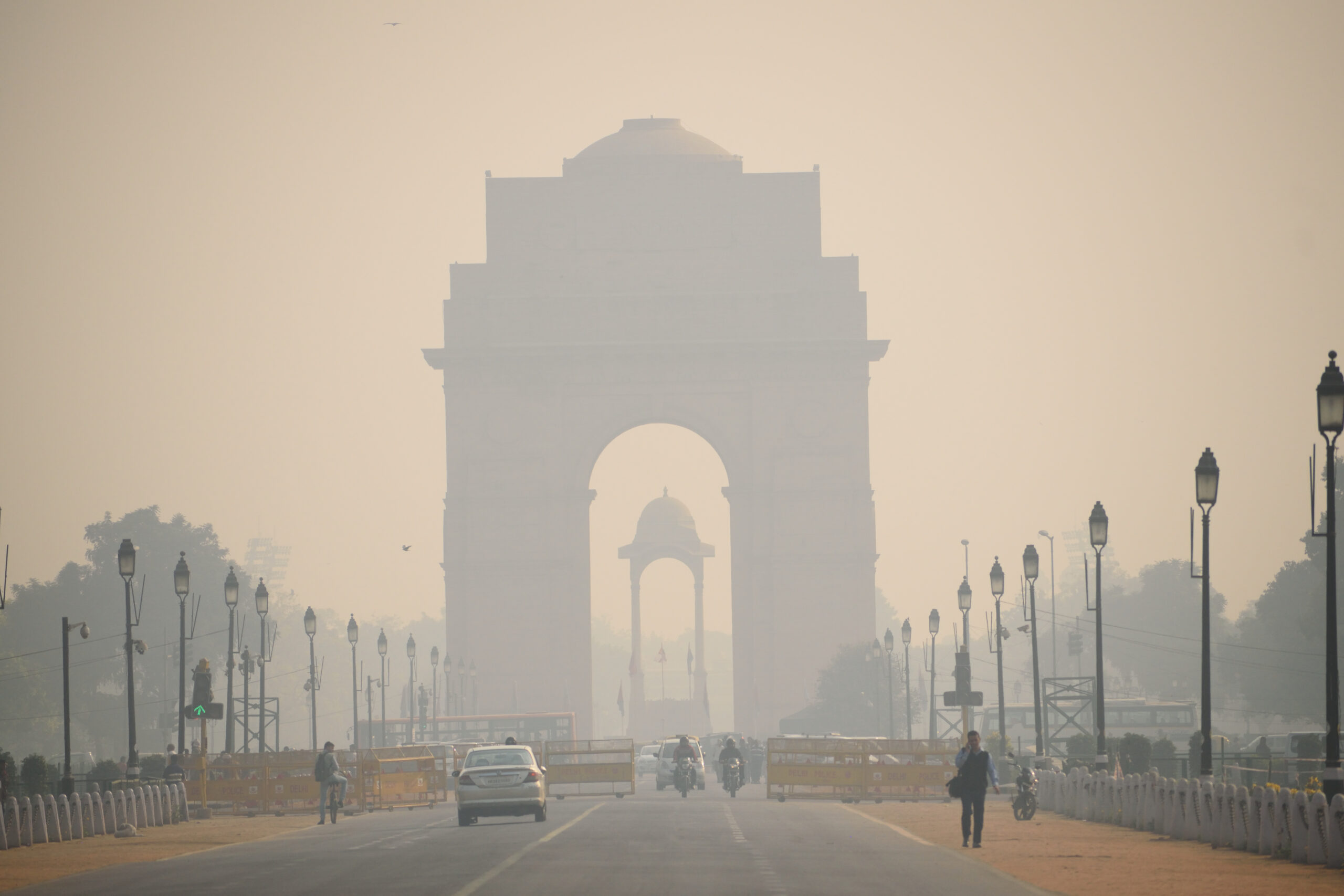India is facing a significant plastic pollution problem. Single-use plastic has left its indelible print over our lives. According to a recent report titled ‘Home Truths: A Deep-Dive into 5 Common Single-Use Plastics in Our Households’, India’s plastic consumption is escalating at an alarming rate.
It explores the growing role of single-use plastics in everyday consumption, focusing on five commonly used items: milk pouches, instant noodle packets, detergent packets, edible oil sachets, and quick commerce food packaging. The report highlights that plastics have displaced almost all other packaging, including reusables, in these five sectors in the last few decade
The report also provides a detailed assessment of public policy on plastic ever since its inception on a commercial scale. The report by Chintan, a Delhi-based environmental research and action group, was released recently. It is authored by Nidhi Jamwal, Bharati Chaturvedi and Esha Lohia and edited by Pankaja Srinivasan.
The 5 Major Sources of Plastic Pollution
Milk Pouches
According to the report, 100-120 million plastic milk pouches are used every day. The report says by 2025, 47 per cent of all milk in the country will be packaged in plastic, up from 30 per cent in 2022. In a waste audit conducted in Delhi by Chintan in 2018, it was found that 57% of the of the branded single-layer plastics found in the garbage were either milk pouches or tetra packs from leading dairy brands.
Noodles Packets
The 2-minute instant noodles were introduced into Indian kitchens in 1982 and radically changed the way a meal was prepared. “From our homes right up to the Himalayan slopes, instant noodles leave their indelible plastic print. The northern region of India, particularly cities like Delhi-NCR and Chandigarh, dominates the instant noodles market. These little packets end up polluting land and water bodies as they are often made from multi-layered plastics that are difficult to recycle. On average, 100 billion servings of instant noodles are consumed annually worldwide; this means 100 billion plastic wrappers are discarded every year, the report said.
Detergents Packaging
Similarly, detergents are now an essential commodity in the Indian household, with plastics being a preferred form of packaging for detergents. “Over 26.8 billion plastic detergent packets are sold annually and discarded immediately, adding to the plastic crisis,” said the report.
Oil Pouches
India discards 3.3 billion 1-litre plastic oil pouches yearly, most of which are non-recyclable multi-layered plastic, as per the report.
Online Food Delivery Packaging
The online food delivery sector generates approximately 350,000 tonnes of single-use plastic waste annually.
Analysing Consumer Behaviour
The report says that until the early 1990s, Indian consumers purchased milk in steel containers or reusable glass bottles. Milk now mostly reaches our homes in plastic packets.
With the sale of 120 million plastic milk pouches on a daily basis, 8.68 billion servings of instant noodles on an annual basis, sale of 26.8 billion plastic detergent packets annually and the use of 3.3 billion cooking oil plastic packets, the research has thrown light on the consumer behaviour behind this seemingly never-ending demand for plastics in India’s FMCG sector.
The report also highlighted how plastics became embedded in daily life, reflecting broader economic shifts, revolving gender roles and changing consumption patterns.
Major Plastic Pollution from Packaging
In the report launch event held in Delhi, a panel discussion was held on the use of common single use plastics in Indian households. Regarding the urgency of the issue, Bharati Chaturvedi, founder of Chintan, remarked, “Science and global negotiations have made it clear—plastics are harming our health, environment, and economy. The real question is, what do we do now?”
Environmental journalist Nidhi Jamwal said that 40-45 per cent of global plastic is used for packaging, and plastic pollution account for nearly 3.4 per cent of global emissions—a number expected to more than double by 2060. In a rapidly changing climate, we simply cannot afford this.
Ram Niwas Jindal, former Director in the Ministry of Environment said that addressing environmental challenges, particularly reducing single-use plastics, requires a balance between safety, sustainability, and responsible consumer actions.
Doubting ‘Plastic Neutrality’
The panelists also pondered over the idea of plastic neutrality and how it helps the polluting industries in finding caveats in governmental regulations. The report stated that a number of companies have already declared, or are on the way of declaring themselves ‘plastic neutral’ despite the fact that plastic use in packaging of their products is on the rise.
The research underlined that this self-declaration needs to be cross checked and verified by independent third-party or credible government institutions. It suggested that stakeholders need to think and assess if collecting plastic waste and sending it off to a waste-to-energy plant or a cement kiln qualifies as being ‘plastic neutral’.
Reducing Plastic Waste at Home
“Reducing plastic waste at home begins with simple choices — sourcing milk in refillable containers, opting for unpackaged detergents and oils from kirana stores and buying in bulk to cut down on plastic packaging”, said Bharati Chaturvedi, founder and director, Chintan.
She added that a community-driven approach can make an even greater impact by involving local service providers, such as car wash or ironing staff, to deliver milk from nearby token-paid booths for several households at a nominal fee. This will turn an everyday task into an opportunity for both waste reduction and additional income.
The report says that there is an urgent need to decarbonise packaging and retail and endorse circularity within packaging. It is essential to rethink packaging strategies for meeting both consumer demands and environmental needs. There is a need to find safer alternatives to packaging as we transition out of the fossil fuel-based economy.
Chintan’s report calls for urgent action through sustainable alternatives, industry accountability, and systemic policy changes to reduce plastic pollution.




